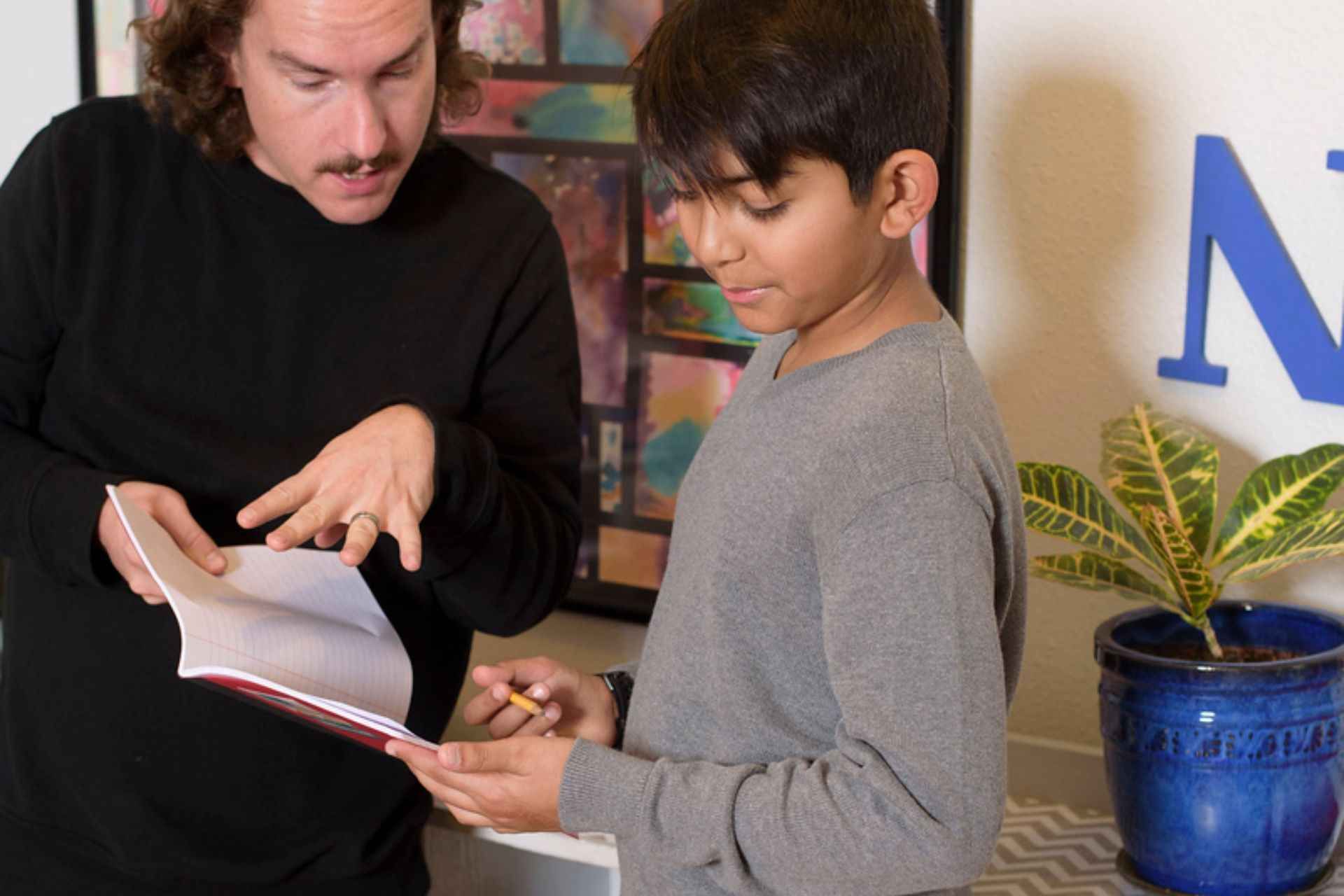PRACTICE – It Yields More than Applause!
In his book How Children Succeed , Paul Tough argues that more than test scores, qualities of character are better predictors of children’s success.
As we begin another year of music instruction at MSL, we often wonder about the commitment we should expect from our children as they choose to play an instrument. When beginning to study a musical instrument, the expectation is not be that our children will become professional musicians – this may or may not happen. What we can assume with some confidence, however, is that in putting forth a reasonable and consistent effort, our children will have an opportunity to develop some important life skills – skills such as persistence, grit, curiosity, the ability to problem solve and the patience to delay gratification.
Tony Mazzocchi, author of “3 Things Parents Must Tell Their Children When They Begin a Musical Instrument” ( The Music Parents’ Guide , 2015), recommends that parents understand and share with their children the following beliefs regarding their commitment to the study of aNmusical instrument:
- “You are allowed to fail, and you will become better because of your failures.” To improve, students will need to attempt work that is just beyond their skill level. They will make mistakes and can grow from those mistakes.
- “Hard work trumps talent every single time.” Perfecting a musical performance often means practicing a skill over and over. Those who are disciplined enough to practice skills repeatedly very often surpass those who have not devoted the time and effort it takes to internalize skills.
3. “This is a long-term commitment, and we are going to stick with it.” No one masters a musical instrument in one year. Supporting your child’s commitment to an instrument over a number of years is an investment that will yield the best results, not only in musical performance, but also in important life skills.






